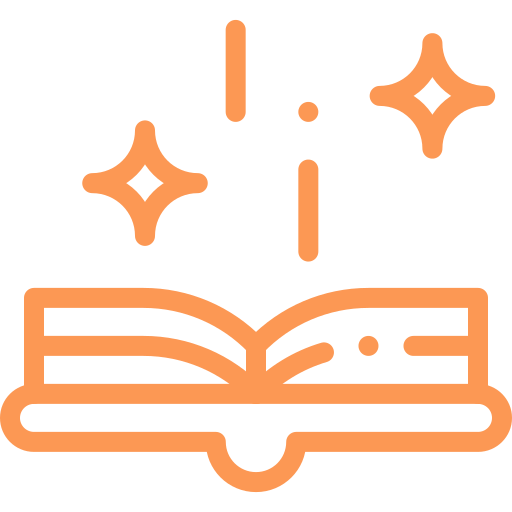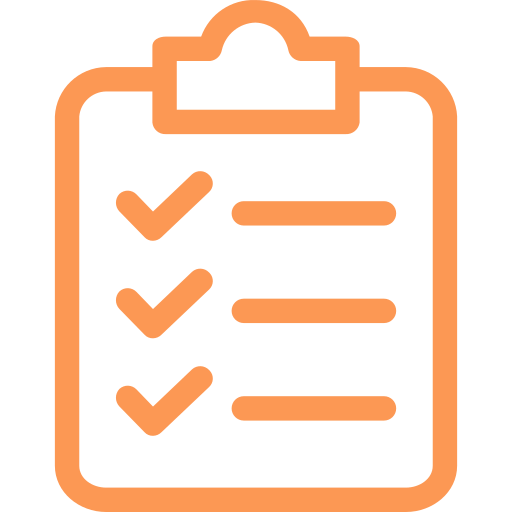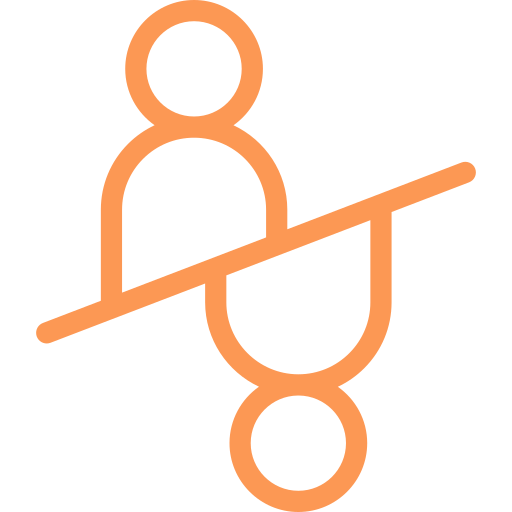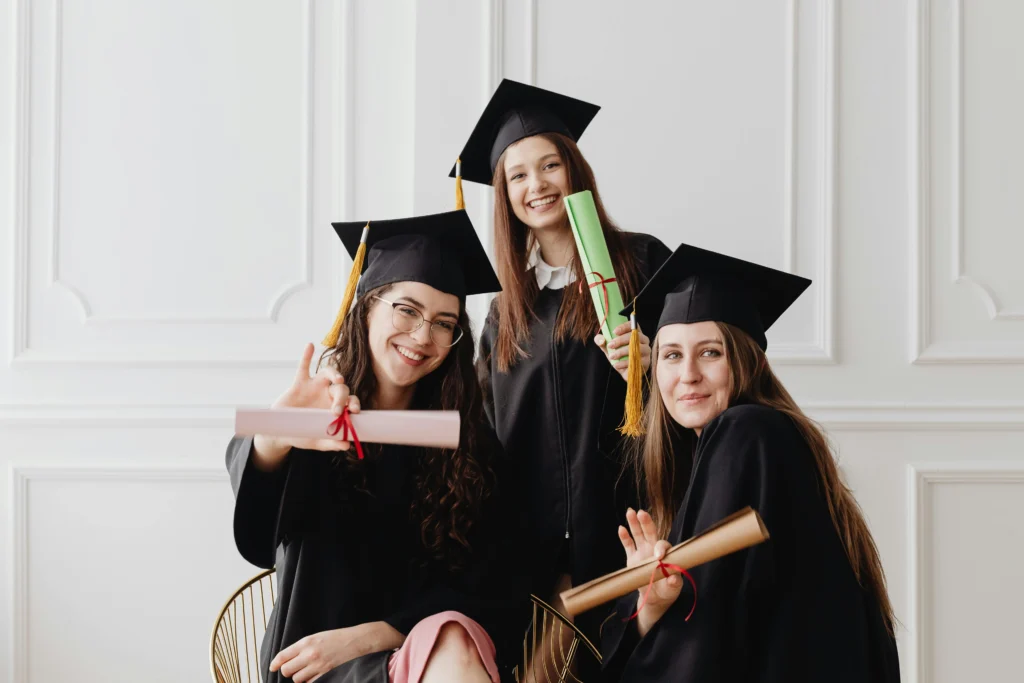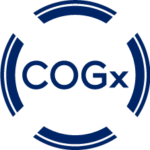Becoming a Sophisticated Learner
This provides students with a User’s Guide to learning and the brain. We teach students how the brain processes information and what behaviors promote optimal learning. Graduates of this program will have an arsenal of science-based tools that enable them to monitor their learning and master what they are taught. The program offers multiple versions which fosters a more tailored and effective learning experience.
- 12 hours
- Synchronous + Asynchronous

